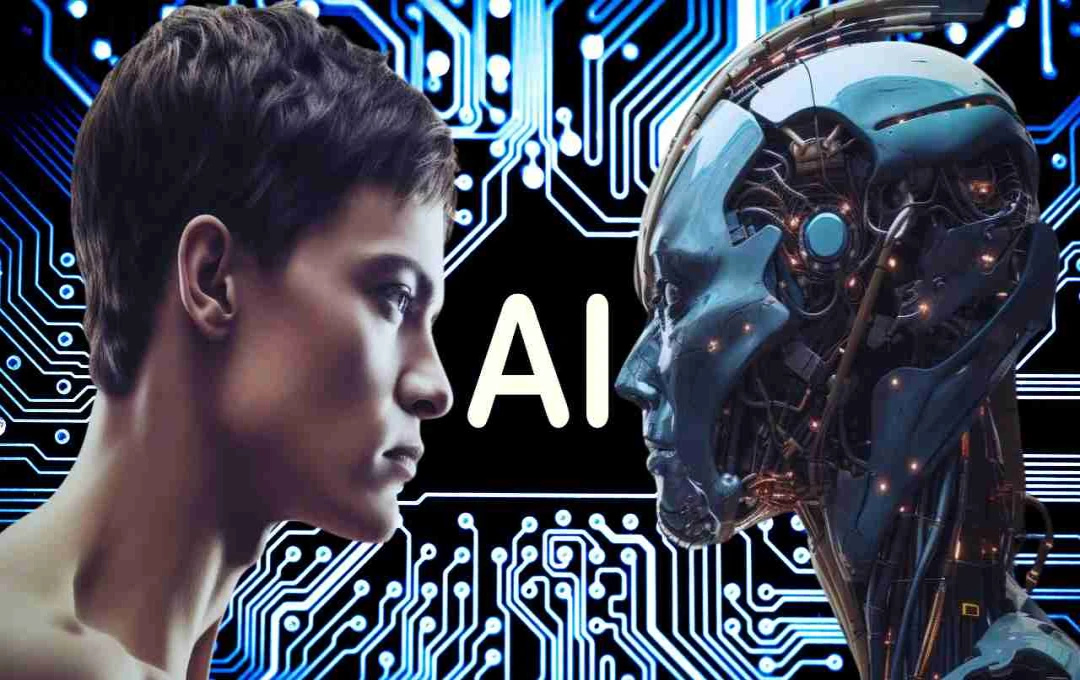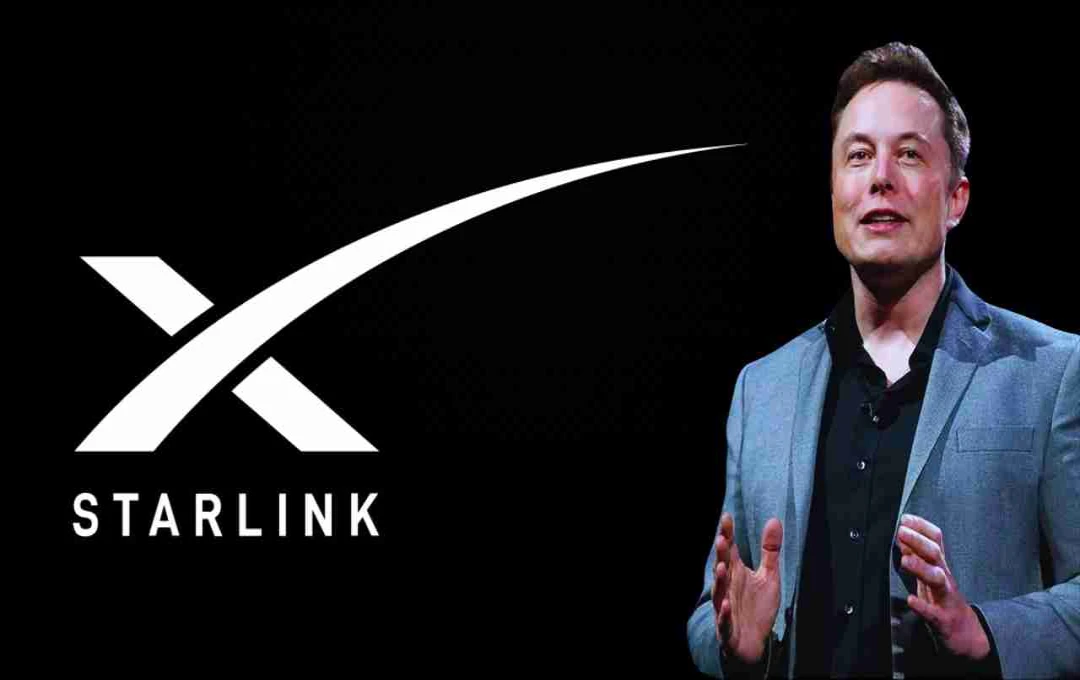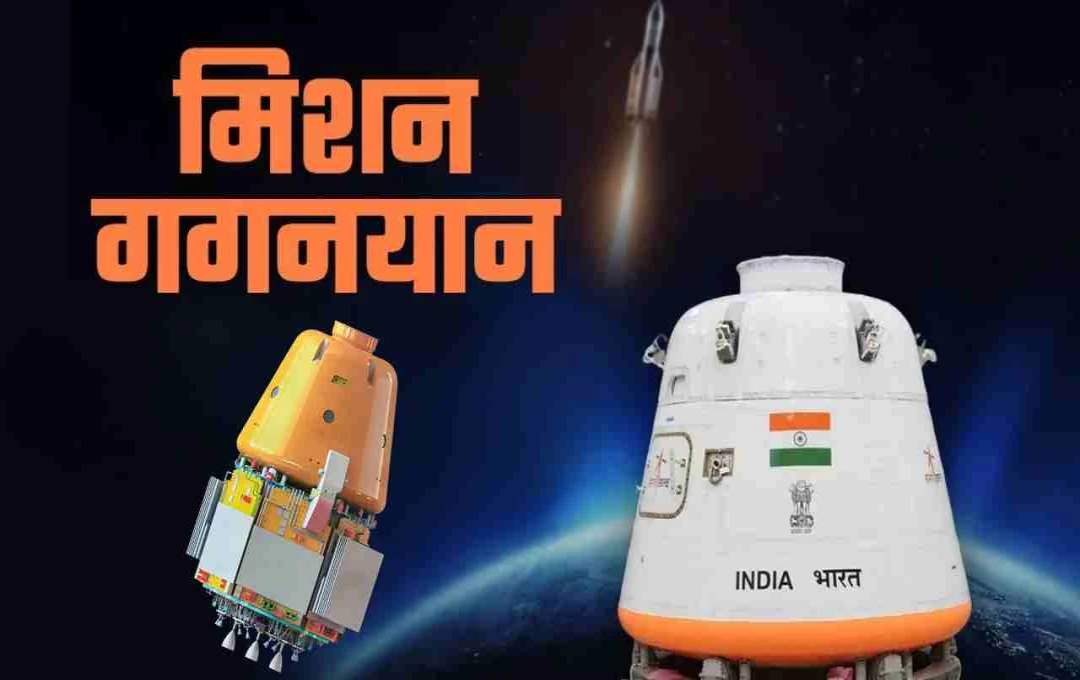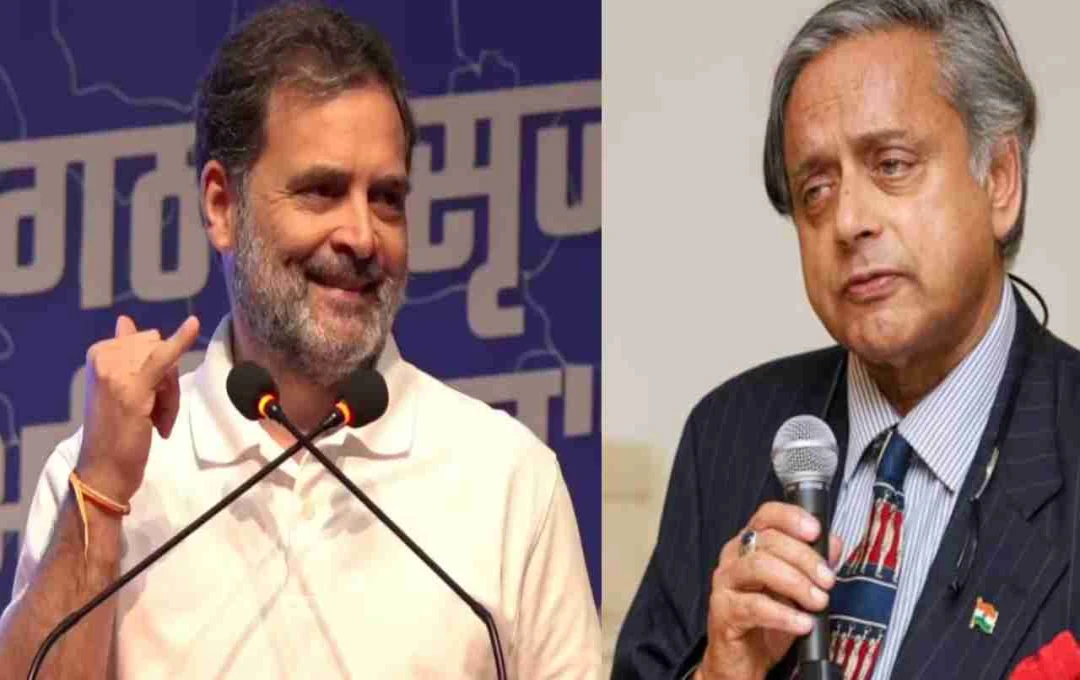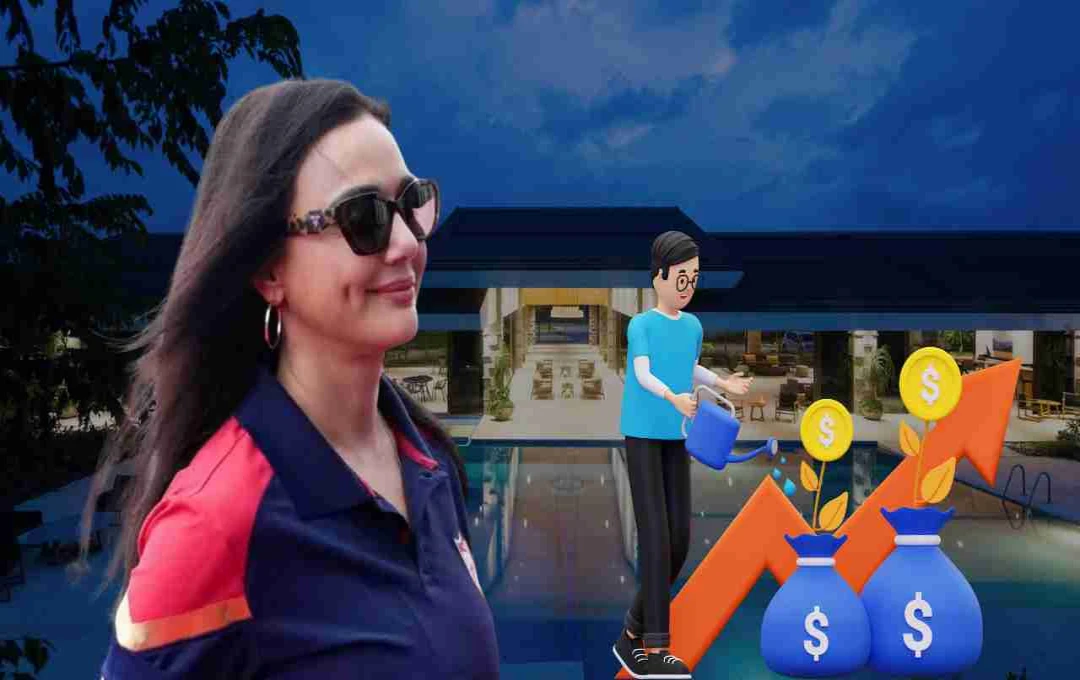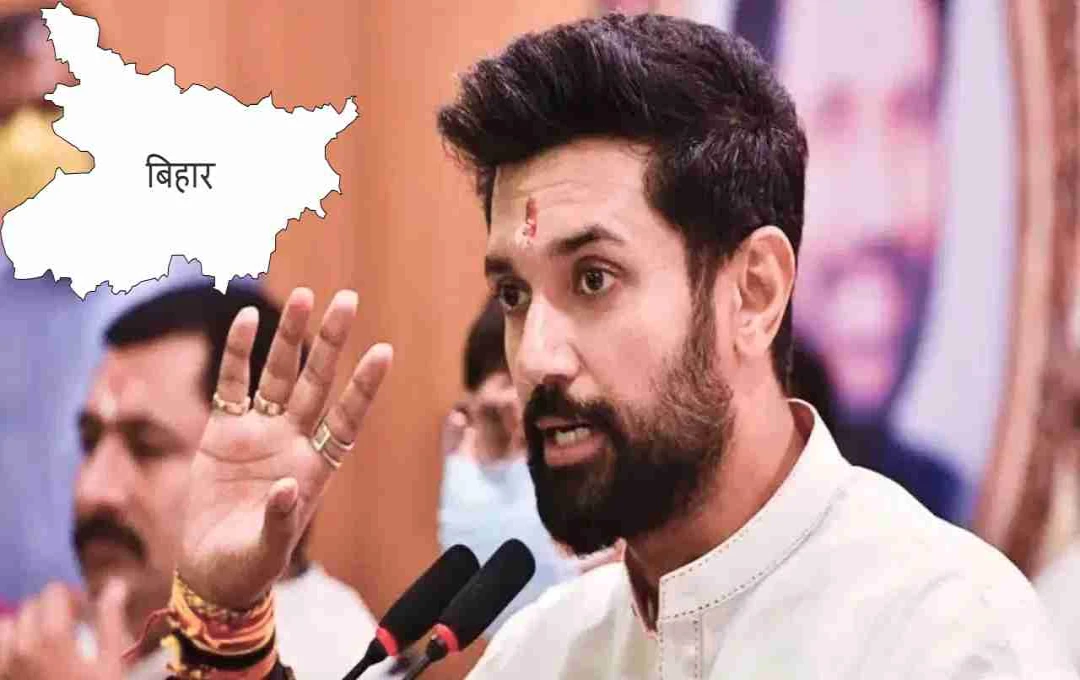The rapid proliferation of Artificial Intelligence (AI) globally has simultaneously simplified numerous tasks and presented a significant threat to the future. Subhash Kak, a computer science professor at Oklahoma State University and an Indian-American, has issued a stark warning about AI's growing influence. He contends that AI could lead to job displacement, drastic population decline, and even the desertion of cities in the coming years.
Will AI Replace Humans?
Professor Subhash Kak of Oklahoma State University believes that in the coming years, AI will perform human tasks so efficiently that companies will no longer require human employees. In an interview with the British media platform The Sun, he stated, “AI may never become fully conscious, but it can handle most of our roles – whether it’s decision-making in an office or household chores.”
He believes that the rapidly advancing automation and machine learning systems are now capable of not only basic tasks but also decisions involving creative and strategic thinking. This directly implies a potential crisis of traditional jobs for humans in the future.
AI to Increase Unemployment, Decrease Marriages, and Reduce Population
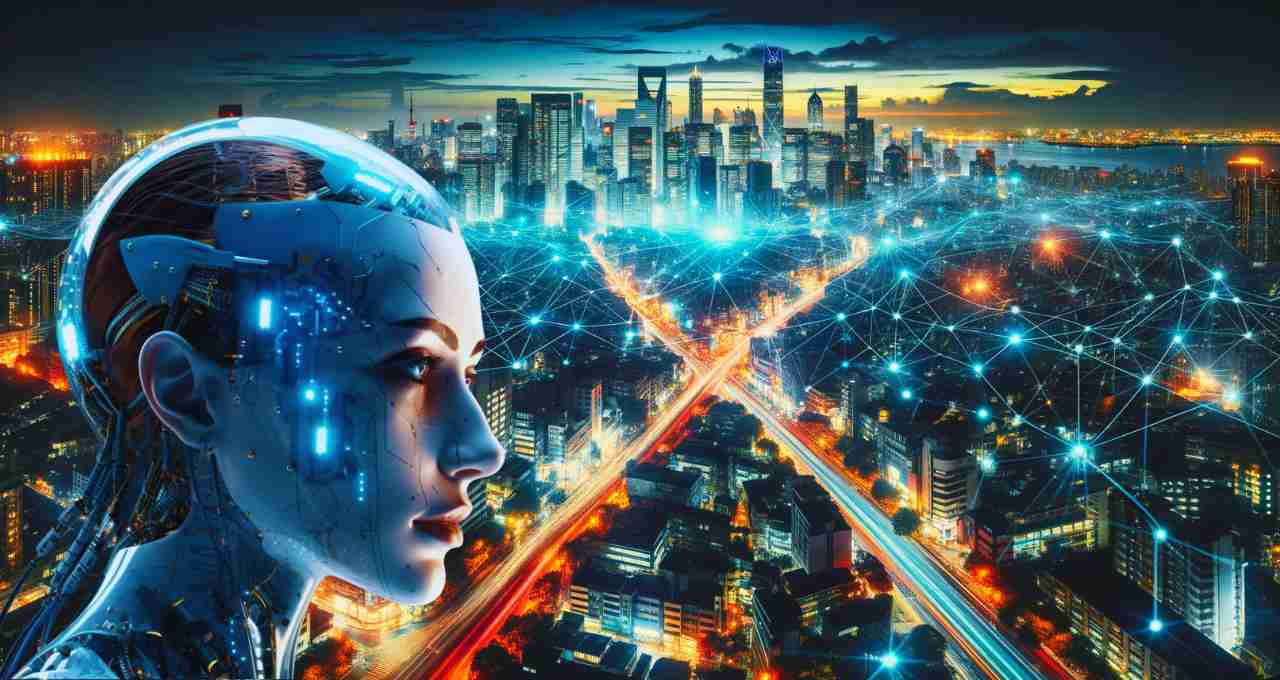
The unemployment generated by AI will not only lead to an economic crisis but will also have social and demographic consequences. Professor Kak believes that when people lack jobs and uncertainty about the future increases, they will cease to consider marriage and children. This mindset will impact the population.
According to him, by the year 2300 or at most 2380, the world's population could decrease to a mere 100 million, equivalent to the current population of Britain. This figure is alarming, considering the current world population exceeds 8 billion.
AI's Impact Could Empty Major Cities
Professor Kak warned that if this trend continues, cities like New York, London, and Tokyo will become deserted. The cities that are currently centers of technological, economic, and social activity will lie empty in the future.
People may migrate to rural areas in search of cheaper living, or they may become completely absorbed in the virtual world, where their needs are met digitally. In such a scenario, the actual existence of cities will gradually disappear.
Echoes Musk's Warning
Elon Musk has previously stated that AI and population decline could pose the greatest threat to humanity. Musk believes that if a crisis arises on Earth, we should build colonies in space to establish human life elsewhere. Professor Kak's warning points in the same direction – where AI could shake the very foundations of our life systems.
Is Human Existence Really in Danger?
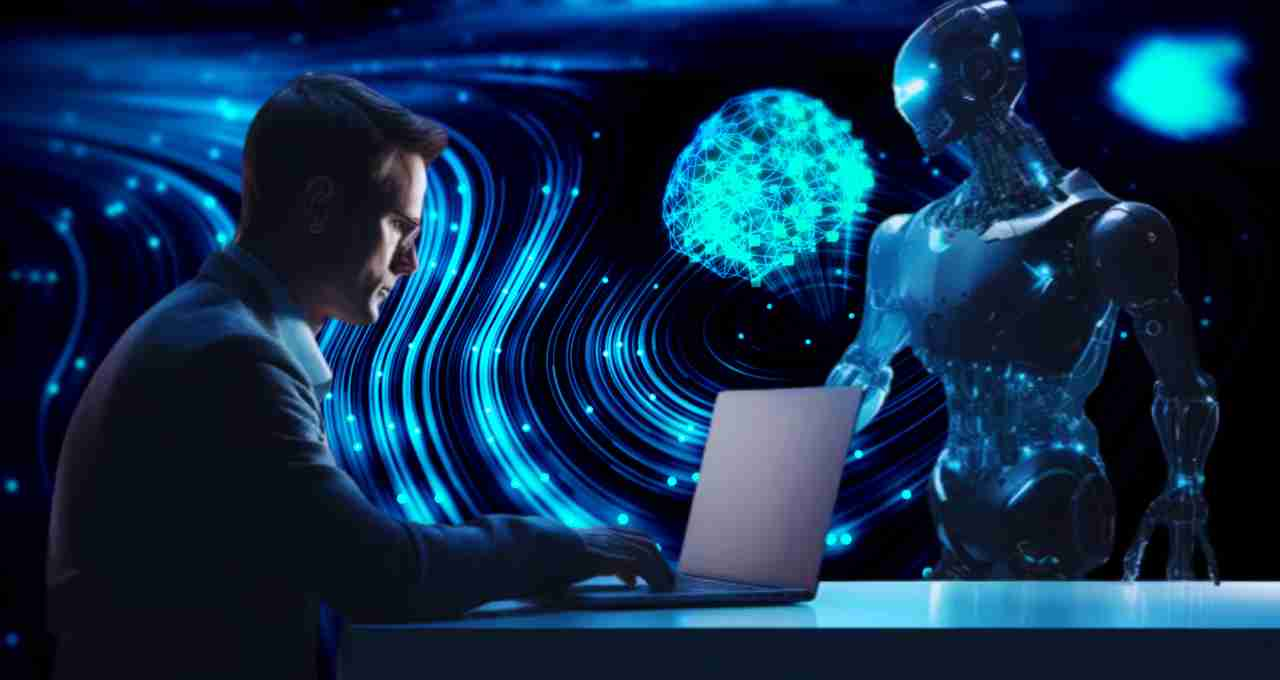
Professor Kak pointed out that developed countries like Europe, China, Japan, and especially South Korea already have very low birth rates. Young people there are hesitant to start families due to a lack of confidence in their future. The increasing influence of AI has further deepened this uncertainty.
He also notes that a sense of "loneliness" is rapidly increasing in society. People are increasingly relying on machines and screens instead of humans. In this context, this technological era could also give rise to a social crisis.
But Is AI Only a Threat?
While warnings like Professor Kak's raise concerns, many experts and leaders see it as a new era of development. At the recently held AI Action Summit in Paris, Indian Prime Minister Narendra Modi stated that technology never eliminates jobs; it only changes their nature.
He gave the example of how workers feared machines during the Industrial Revolution, but new types of jobs emerged afterward. Similarly, new employment opportunities will arise with AI – provided we equip ourselves with new skills.
